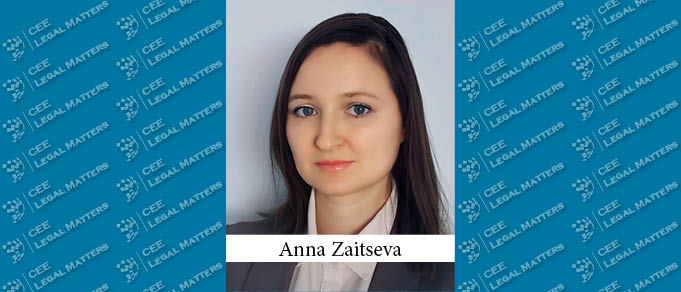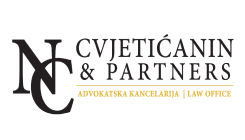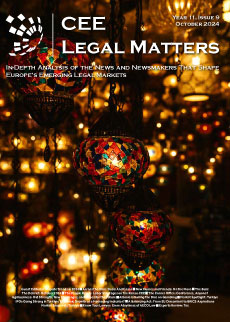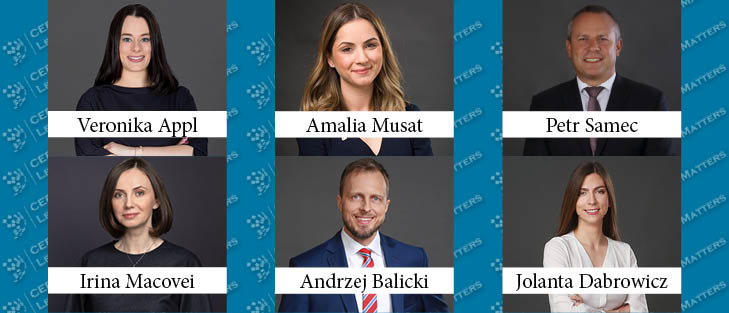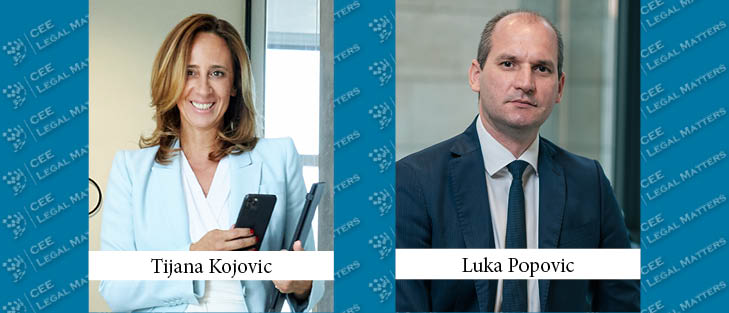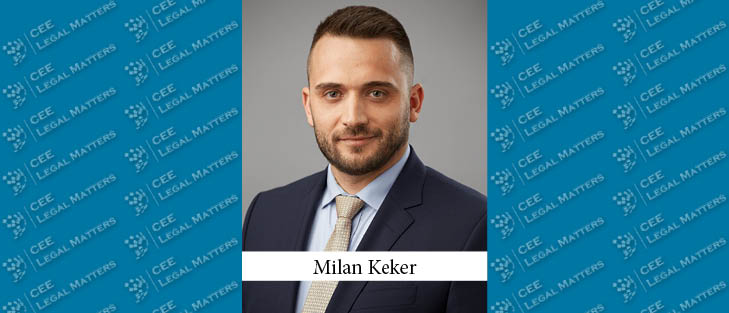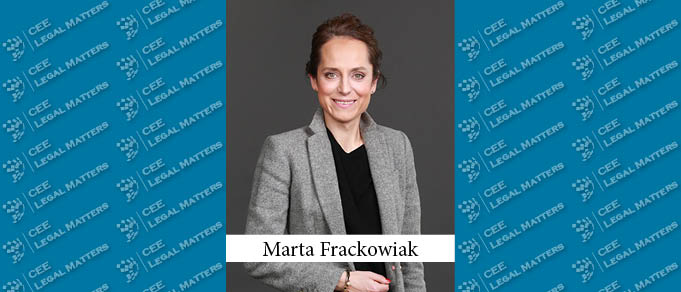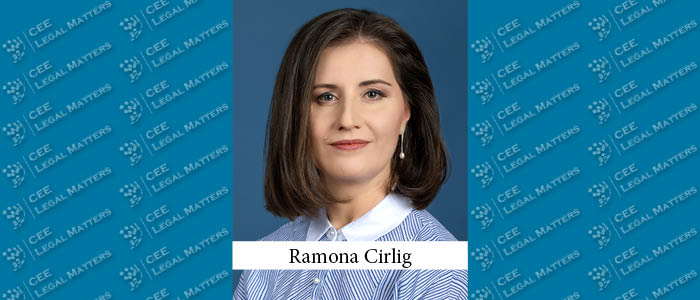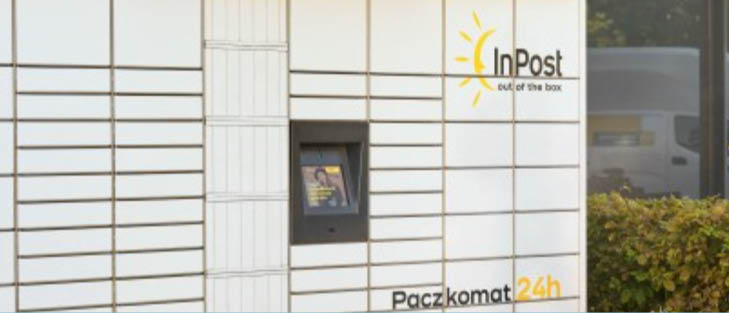As in other countries, business in Russia has been heavily affected by the COVID-19 pandemic, and small and medium enterprises, which do not have enough reserves to survive in the unfavorable economic situation, have suffered the most. In order to support SMEs, the State, in addition to temporary support measures, has introduced a considerable decrease in the tax burden related to the remuneration of employees above the minimum monthly wage. Cumulative social contributions were lowered to 15% from the previous rate (which could reach 30%, with certain exceptions), and may be applied by SMEs.
In order to qualify as an SME, a company must be included in the relevant state register of small and medium enterprises and meet the following criteria: (1) the amount of annual income for the previous calendar year does not exceed RUB 2 billion (approximately EUR 23 million), and (2) the average number of employees should not exceed 250. Also, there are some limitations to the shareholding structure, including that the cumulative foreign shareholding should not exceed 49% of the Russian company (except for certain specific cases, i.e., when the shares of the Russian company are traded on a regulated market and are in the innovation sector).
In addition, companies with more than 49% of foreign shareholders may be recognized as SMEs where the foreign participants satisfy the requirements for an SME, with annual incomes and the average number of employees that fall within the previously-mentioned thresholds. This exception is not available for companies with foreign participants registered in black-listed offshore jurisdictions (e.g., the British Virgin Islands) irrespective of their income and number of employees.
Usually Russian companies without foreign shareholders are included in the register automatically when their total annual incomes and average number of employees fall within the mandatory thresholds. Information about their incomes and employees is gathered from data in their submitted tax returns as well as on the separately submitted report on the average number of employees, assuming the reporting is submitted to the tax authorities properly and on time.
A company with foreign participation usually needs to take additional steps to be included in the register. In particular, a company with foreign shareholders needs to initiate a separate external audit in order to determine whether its foreign participation meets all of the criteria for an SME. The auditor issues a compliance statement and submits the relevant confirmation to the tax authorities based on the analysis of the financial statements or tax returns of the foreign participant for the previous calendar year. The statement must be submitted annually between July 1 and July 5. Inclusion in the register takes place on August 10.
At the current stage, Russian legislation focuses strictly on the entity holding the shares rather than the entire group of companies. This could be the ground for abuse, were foreign groups with a considerable amount of revenue to split up a business and artificially create a special foreign holding company with low income and few employees. As a result, it is possible that that state authorities will try to adjust the criteria or audit procedure, in particular by providing a more precise specification of the legislative requirements for foreign participants.
We believe that the relevant tax liberalization is a quite important tool for decreasing the tax burden and may be applied by a significant number of foreign investors as well as taken into account when planning on entering the Russian market or for joint venture projects.
By Anna Zaitseva, Head of Tax, Peterka & Partners Russia
This Article was originally published in Issue 7.9 of the CEE Legal Matters Magazine. If you would like to receive a hard copy of the magazine, you can subscribe here.

